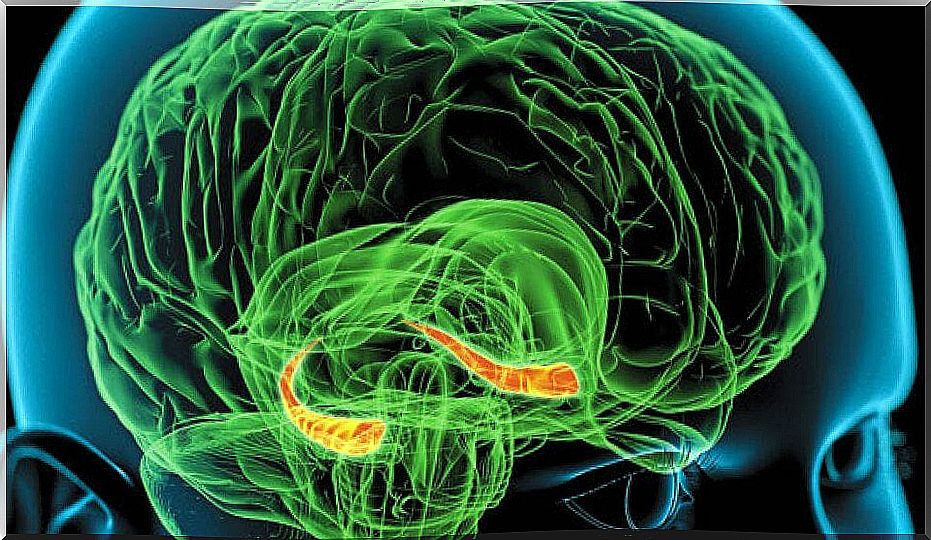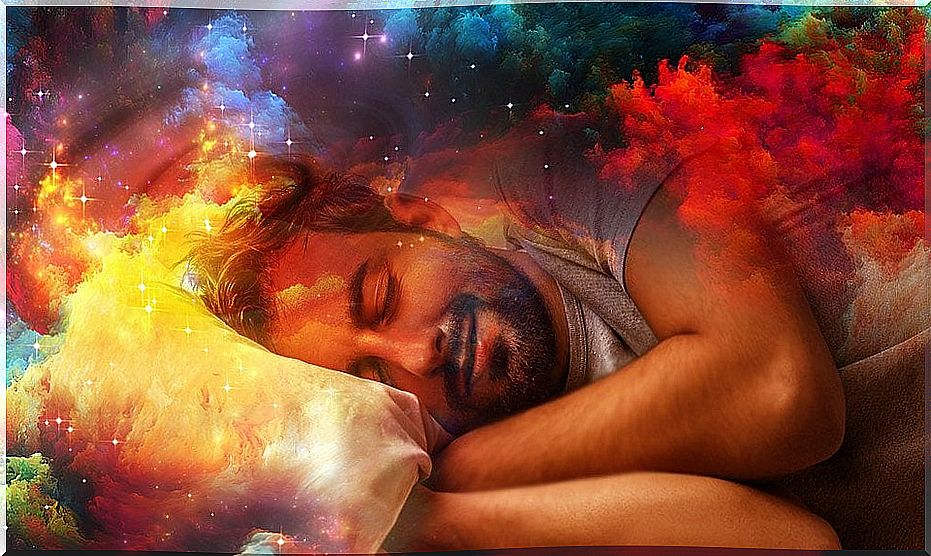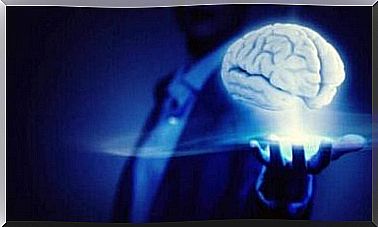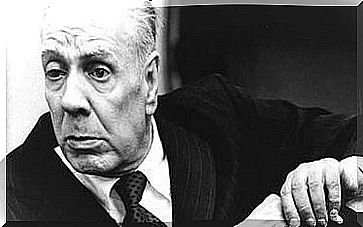Why Do We Remember Some Dreams And Not Others?

We spend almost a third of our lives sleeping. However, we don’t always remember what happened in our dreams. Sometimes we wake up from a strange and fascinating universe that often gives us valuable and meaningful information, but we don’t always remember it. Why does that happen? Why do we remember some dreams and not others?
Dali said that just because he didn’t understand the meaning of his art didn’t mean it didn’t have one. Much of the work that Dali, a great painter, sculptor and designer, made was inspired by his dreams. Dali was a true dream traveler, a specialist in exploring lucid dreams he had while asleep.
Unfortunately, the vast majority of the population does not possess this ability. The percentage of people who actually remember their dreams is very low. Most people wake up with a feeling or some disorganized and meaningless images.
This phenomenon can be frustrating, but there are several explanations for it. Let’s take a look at some of these.

Why do we remember some dreams and not others?
The answer lies in the brain. Dream cycles usually last between 90 and 100 minutes. This cycle is divided into several stages. One of those stages is REM – sleep. This is when people have the most vivid dreams. The dreams in this stage plunge us into terrifying and fascinating scenarios.
Here you feel emotions and sensations very acutely. It is also important to know that REM sleep is the longest and last. Therefore, it often happens that you suddenly wake up and can only remember the last moments of a dream.
Neurologists tell us that, outside of this dreaming phase, the “sleeping brain” has no memory. That is, we are not programmed to store data during this phase, because apparently nothing important happens that is useful to us. But if this is really true, why do we still remember some dreams?
An answer to this question is provided by a recent study at Monash University in Melbourne, Australia. This theory had already been posited in 2011 in the journal Neuron, after a series of magnetic resonance imaging tests.
It seems that the key to all this is the hippocampus. This structure in the brain is the “culprit” for not being able to remember many of the dreams we have every night. Let’s take a look at the data below.

The hippocampus and the dream world
If you think that the brain completely disconnects when you fall asleep, you are wrong. The connection is not completely broken. It just goes into sleep mode, so to speak. One of the last parts of the brain to switch from conscious to unconscious is the hippocampus.
Among other things, this area is responsible for the transfer of information from short-term memory to long-term memory. There are people whose hippocampus disconnects later than most people, allowing them to remember their dreams.
For the rest of us, 90% to be exact, if we don’t remember a dream, it’s because the hippocampus has disconnected at some point. It’s when our brains decide to make other things “more important”.
The hippocampus does more than just control whether we remember some dreams. One of the essential processes is passing on information and deciding what is important to remember and what is not.
It erases certain data and eliminates duplicate information and images that we have seen during the day. These features keep long-term memory healthy. The hippocampus is so focused on this task that it will rarely pay attention to what you are dreaming.

In addition, and thanks to an article in the journal Neuropsychopharmacology, we can see that people who usually remember their dreams not only have a more conscious hippocampus, but also show more activity in the temporal-parietal junction. This is the information processing center of the brain.
How can we remember more dreams?
Many of us would like to remember our dreams clearly. We think that that way we could understand things about ourselves that were not so obvious before. Well, you should know that none of the recommended techniques for achieving this are 100% effective.
One of the techniques for remembering our dreams is to set an alarm clock that goes off every 30-35 minutes. This sudden awakening would allow us to remember our dreams, which we would then immediately have to write down in a notebook.
However, this makes your dreams not really high quality, and also robs you of the necessary sleep. So it is actually not recommended.
This is how we remember some dreams and not others. It’s simply because the brain didn’t think they were important. To look on the bright side, the dreams we do remember are always the most important. They are of greater emotional importance. They contain information that can be interpreted in many different ways.









